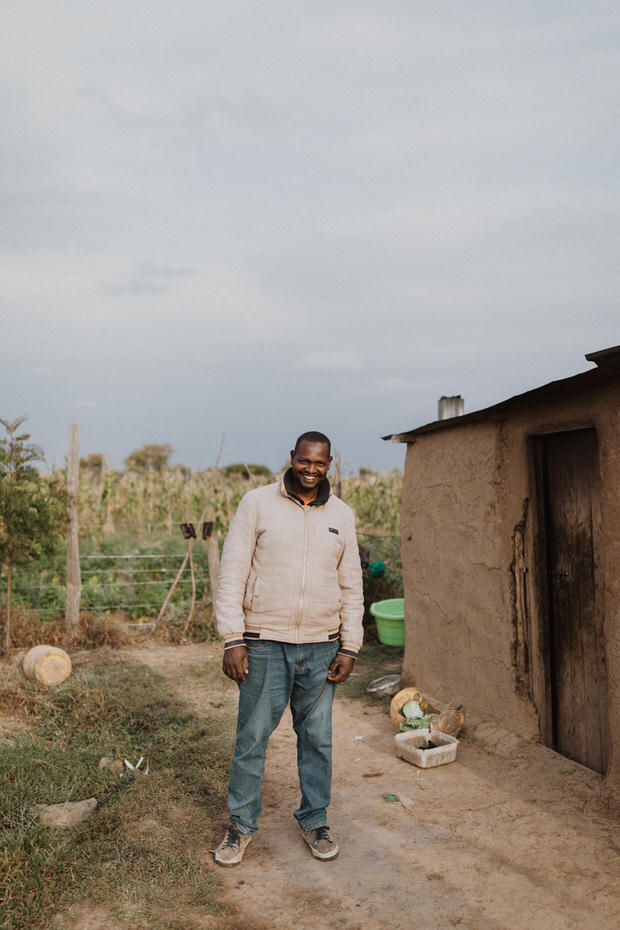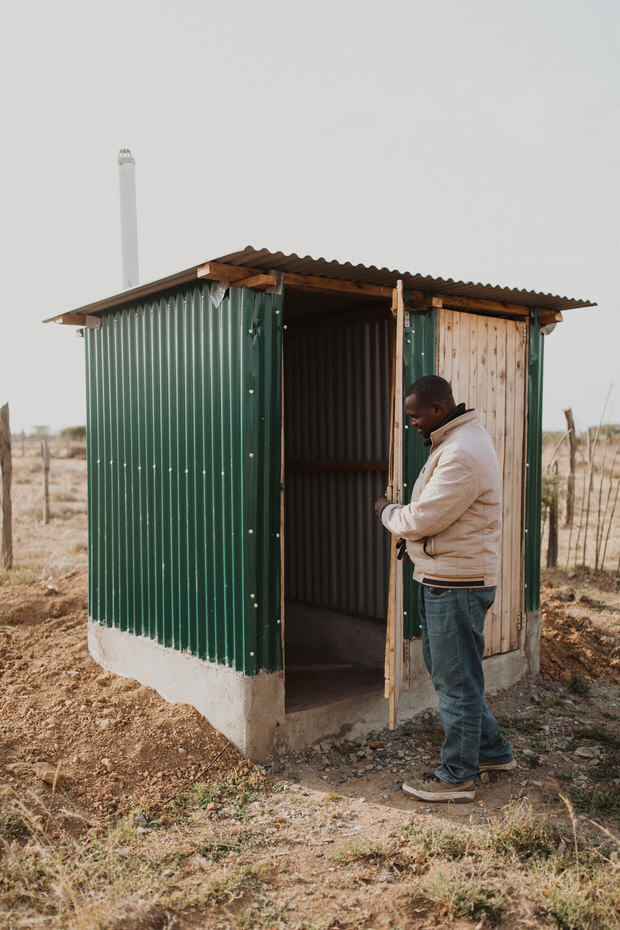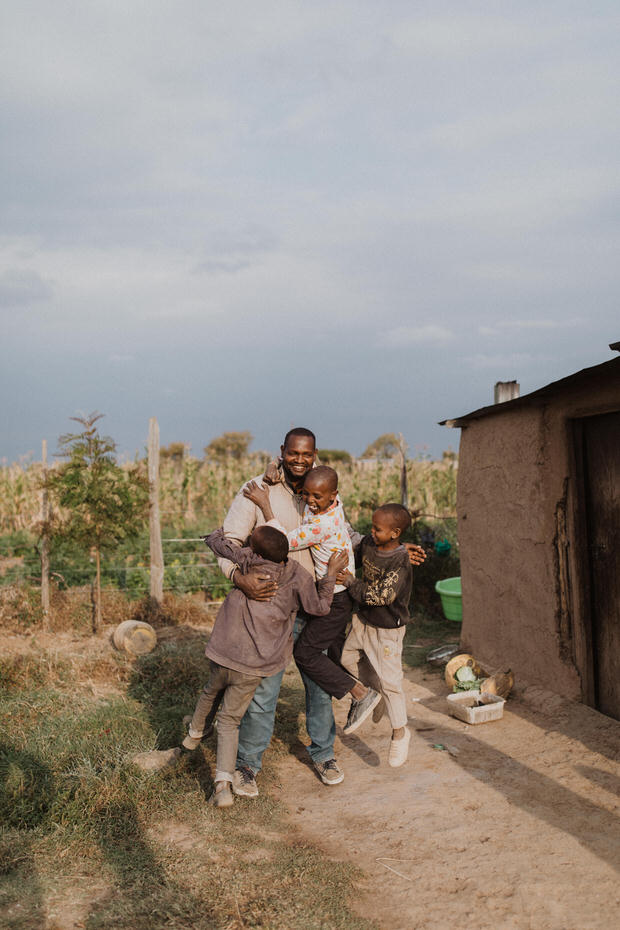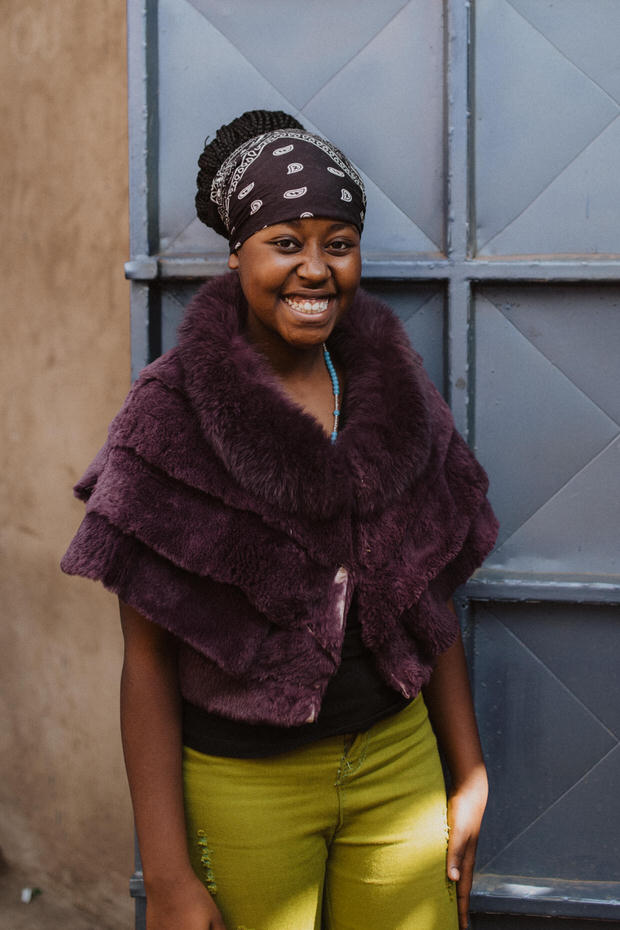
Simpler ways to water access.
Getting a glass of water to drink is simple. Grab a clean glass from the cupboard, take about three steps over to the sink (or maybe even to the fridge with its filtered water dispenser), turn on the faucet, and wait a few seconds for the glass to fill up. Voilà! A refreshing, clean glass of cold water. So simple.
But what if it wasn’t simple? It certainly isn’t for Wycliffe and his family in Oletukat, Kenya. They have no water in their home. They have to walk four kilometers (that’s roughly 5,400 steps!) to the nearest water source, and sometimes up to eight kilometers – just to get some water. This isn’t just a small inconvenience either – this means no water for drinking, cooking, washing dishes, washing clothes, showering, flushing toilets, and no water for animals or plants either. Wycliffe and his family spend so much time walking to a water source each day, and the water available to them isn’t even clean. Plus, they use containers to collect water that are used both by humans and animals, which contaminates the water even more. This leads to many water borne diseases which are constantly infecting the family, like cholera, dysentery, and amebiasis. Then, due to the nature of these diseases, the family has to make more frequent trips to the toilet. However, without access to a toilet, Wycliffe’s family often has to resort to using the bushes nearby for this purpose. Then the waste just sits there, and others can be exposed to it when they go to use the bushes, and the spread of disease multiplies. As a result, everyone in the family gets sick and they have to make frequent trips to the doctor to get medications and care, which gets very costly.

Wycliffe faces these water and sanitation issues daily, and has to try to lead his family through it. He is a husband and a father to six kids. Three kids are in elementary school, two are in preschool, and one is too young for school. Wycliffe also serves his parents by caring for them on top of caring for his own family. To earn some income and get some food for his family, Wycliffe tries to do some small scale farming. The farming operations do alright, but drought often plagues the community too.

Wycliffe was trying to serve his family well, but all these water issues couldn’t be solved by Wycliffe on his own. What a daunting task! However, Wycliffe and his family were able to take part in a project with The Hope Venture, through a connection with our partner, Nasha Ministries, Wycliffe and his family were able to move towards some solutions. Through the project with The Hope Venture, a water source has been brought nearer to their community in Oletukat. Wycliffe and his family were able to get a toilet. They also got sanitation training. The combination of these things led to diseases being far less common in their household, which also meant fewer trips to the doctor and fewer expenses because of doctor bills. The family has much more time for other things, since they don’t have to spend so much time walking to and from the water source. And now, when they collect water, they can have access to cleaner, more sanitary water.
The benefits of this project haven’t just stayed within Wycliffe’s family. They open their home and toilet to many people in their community, so they also can have a safe and sanitary experience. Not only do they open up their resources to others, but they are constantly educating others in their community about sanitation practices.

Now so many people in the community want to get toilets installed for their homes too. Overall, with more and more toilets and sanitation education happening in the community, there is less disease occurring in the community as a whole, and people are healthier. People have a lot more time on their hands too, since the water is closer to them. Kids can go to school since they don’t have to worry about fetching water each day. Wycliffe’s family, and the community as a whole, hope for continued improvements, including more toilets and more sanitation, which leads to healthier communities.


Recent Comments